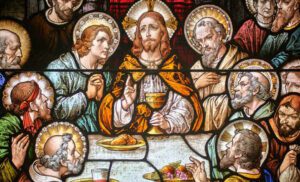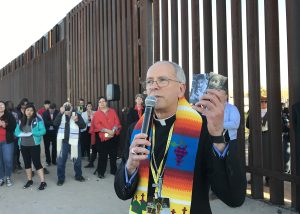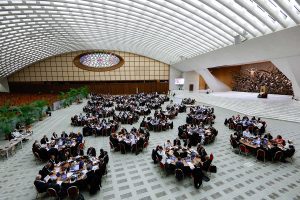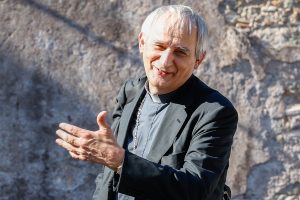VATICAN CITY (CNS) – Contemplating Christ’s passion should inspire Christians to be more patient in the face of their own suffering and trials, Pope Francis said.
“There is no better witness to the love of Christ than meeting a patient Christian,” Pope Francis said during his general audience March 27, highlighting the many mothers, fathers, workers, doctors, nurses and sick people who “every day, in hiddenness, adorn the world with holy patience.”
“However, we must be honest: We are often lacking in patience,” he said. “In daily life, we are all impatient.”
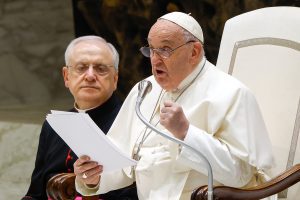
Three days after raising concerns about his health when he skipped his homily at Palm Sunday Mass, Pope Francis walked across the stage of the Vatican audience hall using a cane and waving to visitors; he read the entirety of his speech without visible signs of difficulty and added off-the-cuff remarks. The audience was scheduled to take place in St. Peter’s Square but was moved indoors due to inclement weather.
In his catechesis, the pope said that the virtue of patience is an “essential vitamin” needed to combat the human instinct to “become impatient and respond to evil with evil.”
Quoting St. Augustine, Pope Francis said that patience entails “knowing how to endure evils.”
The pope then pointed to two men seated in the front row of the audience hall, one Israeli and one Palestinian, who had both lost daughters in violent conflicts; the pope praised them for choosing friendship instead of focusing on “the enmity of war.”
Patience is more than a value that helps one lead a good life, the pope said; it is a countercultural Christian calling.
“If Christ is patient, Christians are called to be patient,” he said, which requires countering today’s fast-paced culture and a widespread mentality of wanting “everything and now.”
“Let us not forget that haste and impatience are enemies of spiritual life,” Pope Francis said. “God is love, and he who loves does not tire, he is not irritable, he does not give ultimatums; God is patient, God knows how to wait.”
During Holy Week, Pope Francis urged Christians to ask the Holy Spirit for the “meek power of patience” and told them to contemplate Christ on the cross to learn from his patience.
“It is precisely in the Passion that there emerges the patience of Christ, who with gentleness and meekness accepts being arrested, beaten and unjustly condemned,” he said. “This is the patience of Jesus.”
The pope encouraged Christians to pray before the crucified Christ and to ask for the grace to put into practice “an act of mercy as well-known as it is neglected: patiently enduring bothersome people.”
Christians should look at people who may annoy them “with compassion, with God’s gaze, knowing how to distinguish their faces from their mistakes,” he said.
“We have the habit of categorizing people by the mistakes they make,” he said. “No, this is not good. Let us look at people by their faces, by their hearts and not by their mistakes.”
Pope Francis ended his audience by praying for peace in Ukraine, where he noted the intense bombings taking place, as well as in Israel and Palestine.
“That the Lord may give peace to all as a gift of his Easter,” he prayed.

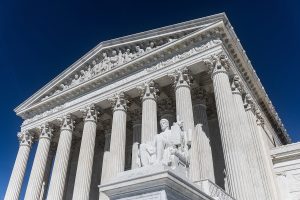
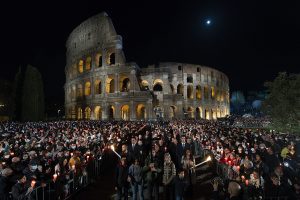
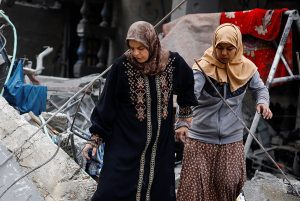
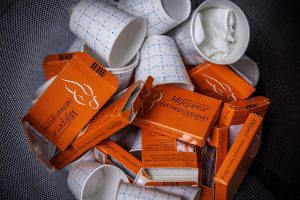
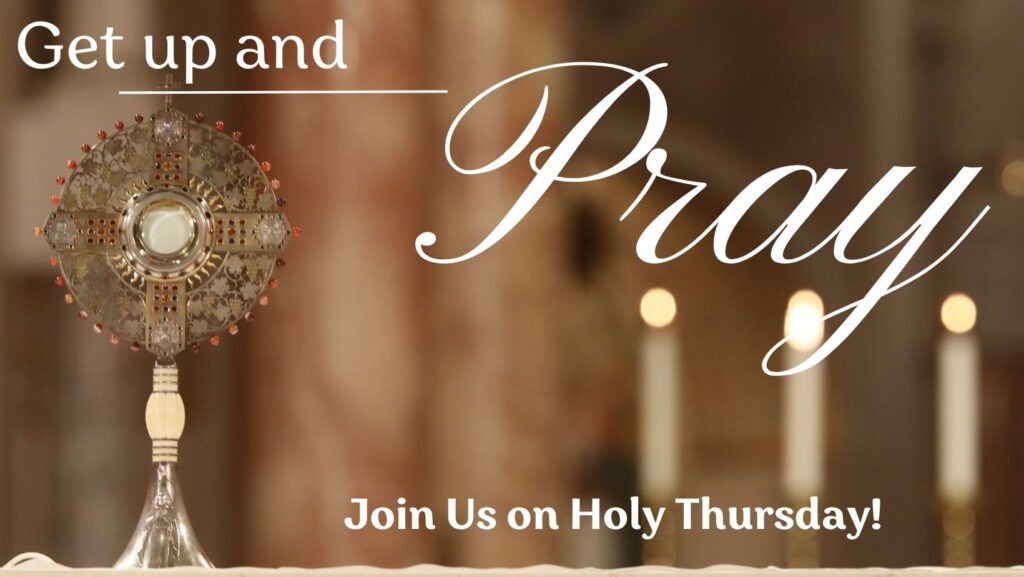 “Why are you sleeping?” he asked them.
“Why are you sleeping?” he asked them.